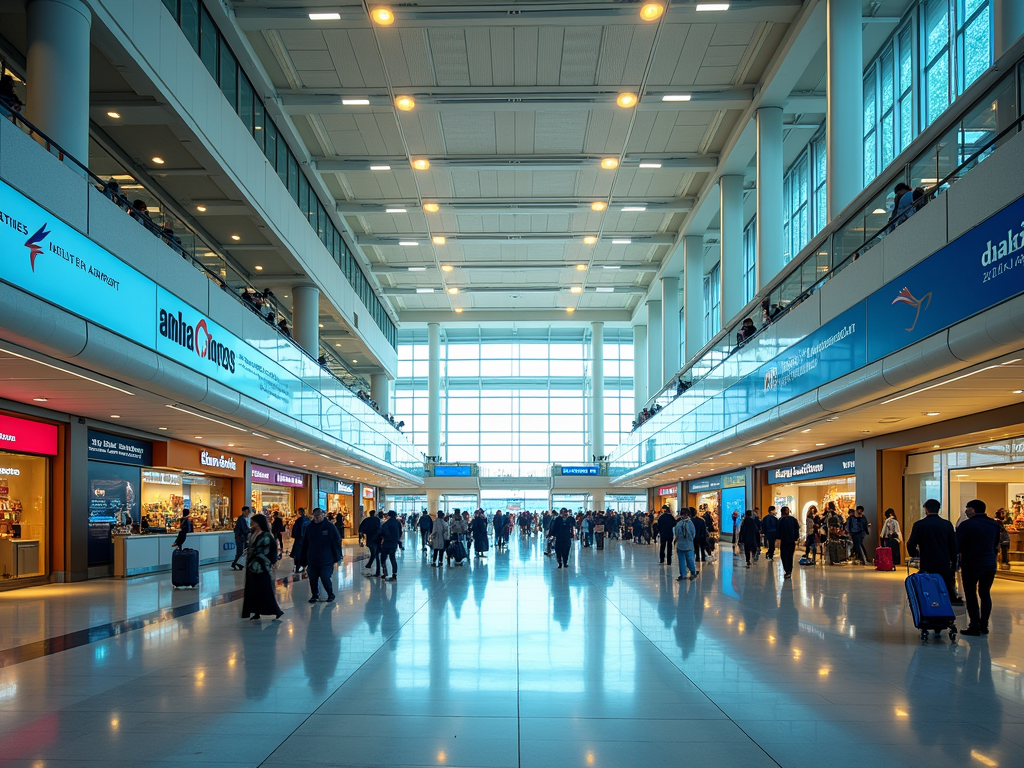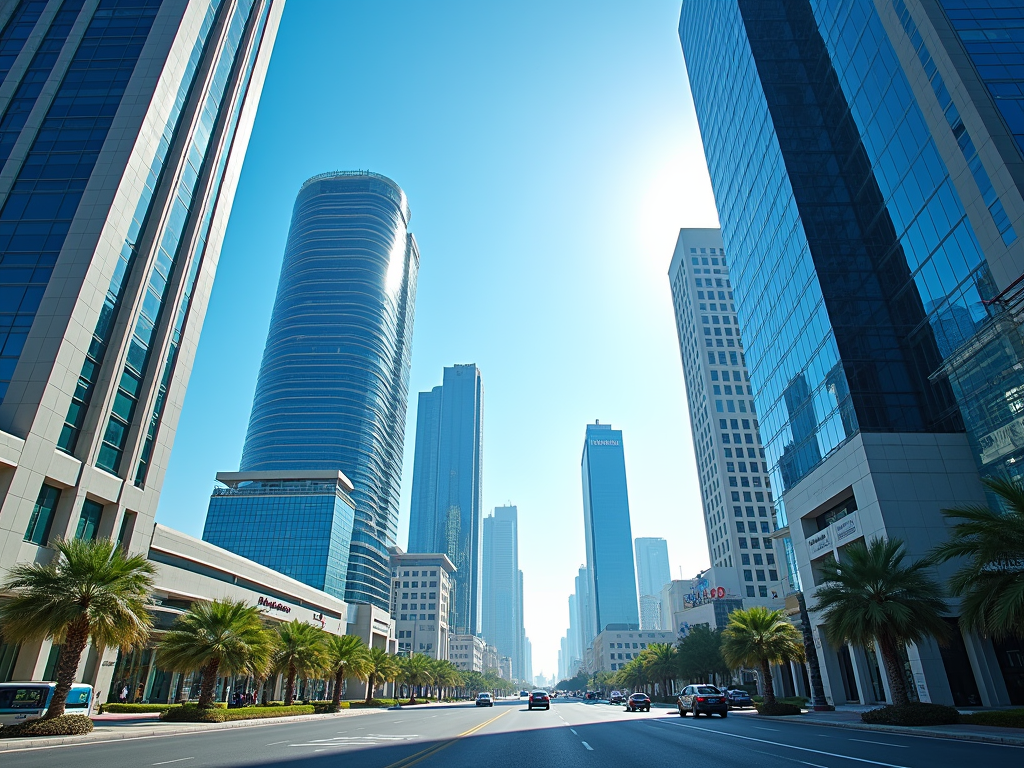Dubai has emerged as a global hub for Foreign Direct Investment (FDI), leveraging its strategic location, business-friendly climate, and robust infrastructure. The city’s appeal lies in its economic diversification, advanced technological adoption, and proactive government policies aimed at creating a conducive environment for foreign businesses. This article delves into the various strategies employed by Dubai to captivate foreign investors and the unique advantages that set it apart from other investment destinations.
Business-Friendly Environment

Dubai’s government has made significant strides to create a business-friendly environment that encourages FDI. This includes streamlined regulations, lower taxes, and a proactive approach to attracting multinational companies. The establishment of Free Zones in Dubai offers numerous benefits, such as:
- 100% foreign ownership
- No personal income taxes
- No corporate taxes for a specified period
- Easy repatriation of profits
- Access to state-of-the-art facilities and infrastructure
These incentives make Dubai an attractive destination for foreign investors seeking to establish their businesses in the Middle East. Moreover, the ease of doing business is a significant driving force behind the rising FDI, as it allows foreign companies to set up operations quickly and efficiently without navigating complex bureaucratic hurdles.
Infrastructure and Connectivity

Dubai’s impressive infrastructure is another crucial factor in attracting FDI. The city boasts world-class transportation networks, modern ports, and advanced logistics services that facilitate trade and commerce. Key elements of Dubai’s infrastructure include:
- Dubai International Airport, one of the busiest airports in the world
- Jebel Ali Port, the largest man-made port
- A comprehensive public transport system, including the metro and buses
- High-speed internet connectivity
This robust infrastructure enables businesses to operate efficiently, allowing them to reach customers and suppliers across the globe with ease. With logistical costs minimized and operational efficiency maximized, foreign investors are more likely to consider Dubai as a viable business destination. Moreover, the government’s ongoing investments in infrastructure development continue to improve connectivity and attract even more FDI.
Dubai’s strategic focus on economic diversification has diminished its reliance on oil revenues, making it a resilient market for foreign investment. This shift towards sectors such as tourism, real estate, technology, and finance has opened up a plethora of opportunities for foreign investors. The government’s commitment to innovation is evident in several initiatives, including:
- The Dubai 10X initiative, aimed at positioning Dubai as a global leader in innovation
- Smart Dubai, which focuses on transforming the city into the world’s smartest and happiest city
- Investments in renewable energy projects, including the Mohammed bin Rashid Al Maktoum Solar Park
This pursuit of innovation not only enhances the competitiveness of businesses operating in Dubai but also attracts investors looking for growth in cutting-edge sectors. The emphasis on sustainability and technology also aligns with global trends, making Dubai an attractive destination for forward-thinking entrepreneurs and investors.
Regulatory Framework and Legal Protections
A strong regulatory framework and protective legal measures are essential in instilling confidence among foreign investors. Dubai has enacted a series of laws and regulations to protect intellectual property and investment rights, ensuring that foreign enterprises operate in a secure environment. Noteworthy aspects include:
- Investment protection agreements with various countries
- Transparent legal processes
- Accessibility to arbitration mechanisms for dispute resolution
- Strong enforcement of contracts and adherence to international standards
These legal frameworks not only protect investments but also foster trust between local authorities and foreign entities. As a result, businesses feel safer investing in Dubai, knowing that their interests are safeguarded under the law. This legal assurance bolsters Dubai’s reputation as a safe and stable investment landscape.
Conclusion
Dubai has positioned itself as a leading destination for Foreign Direct Investment by leveraging its economic diversification, business-friendly environment, top-notch infrastructure, innovative strategies, and robust legal frameworks. These factors collectively contribute to creating an attractive investment climate that is difficult to overlook. As Dubai continues to evolve and adapt to global trends, it is likely to maintain its status as a premier hub for foreign investors seeking growth and opportunity in the region.
Frequently Asked Questions
1. What are the main sectors attracting FDI in Dubai?Key sectors include real estate, tourism, technology, finance, and renewable energy. These areas are continuously expanding, creating new opportunities for foreign investors.2. How does Dubai support foreign investors?Dubai offers numerous advantages such as tax incentives, 100% foreign ownership in Free Zones, and access to advanced infrastructure. These initiatives are designed to support and encourage investment.3. What is the significance of Free Zones in Dubai?Free Zones provide a favorable business environment where foreign investors can operate with complete ownership, tax exemptions, and simplified regulations, making it easier to start and manage businesses.4. Are there any legal protections for foreign investments in Dubai?Yes, Dubai has established a strong legal framework that includes investment protection agreements and robust enforcement of contracts to safeguard the interests of foreign investors.5. How has innovation influenced Dubai’s appeal for investors?Dubai’s focus on innovation and technological advancement positions it as a cutting-edge market. Initiatives like Smart Dubai attract investors who seek growth in innovative industries and sustainable practices.
